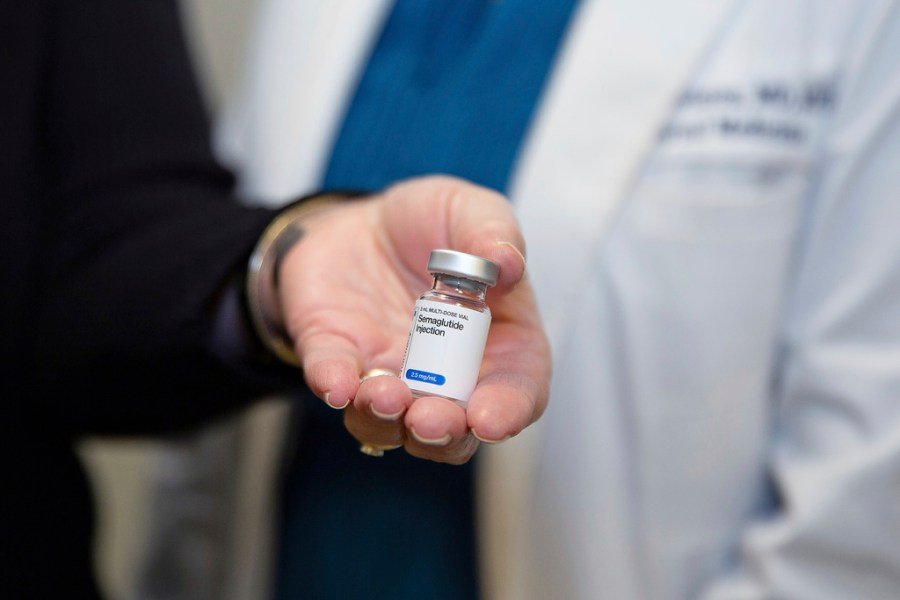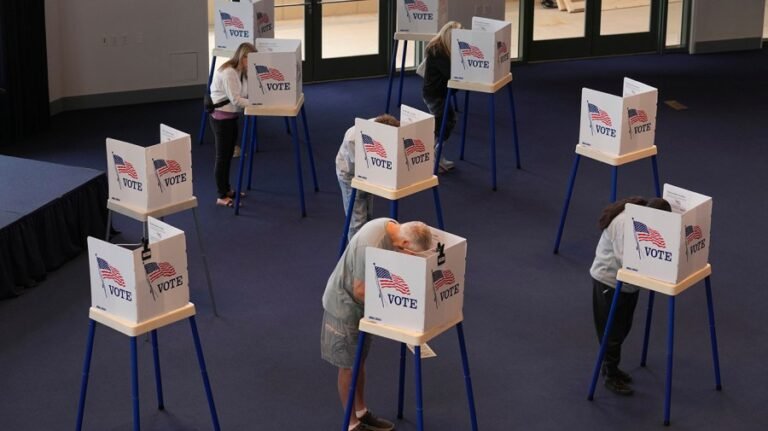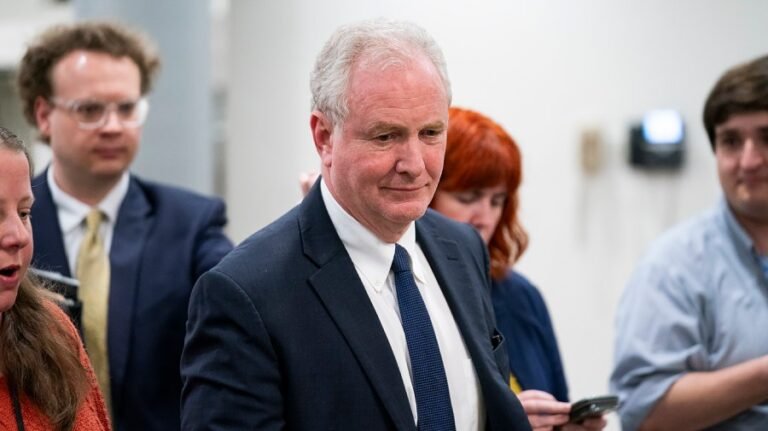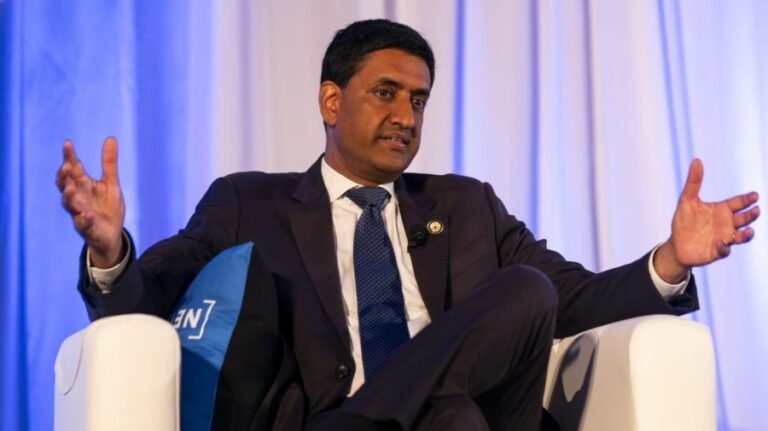
For the first time, there is real hope in the fight against obesity. New data from the Centers for Disease Control and Prevention’s National Center for Health Statistics shows that adult obesity rates in the U.S. may finally be flatlining after annual increases since at least 2011.
Obesity has long been understood to be the second leading cause of preventable death in America. Neither negative cultural attitudes about weight nor government messaging campaigns about diets have helped curb it. Yet like most insurmountable problems, we are innovating our way out of it.
Experts believe a significant part of recent progress is due to powerful new medications such as Ozempic and Mounjaro, known as GLP-1 drugs. But just as these drugs are changing lives, a dangerous shadow market is growing alongside them.
Compounded versions, which are copies of the original drugs made in smaller pharmacies, are flooding websites, med spas and clinics. These versions are often cheaper and easier to get than the real thing. They are also frequently untested, poorly regulated and, in many cases, illegal.
The FDA has received more than 500 reports of serious side effects tied to compounded semaglutide and tirzepatide, the active ingredients in Ozempic and Mounjaro. Some patients have landed in the hospital after taking the wrong dose.
That is not surprising when you consider that many of these vials come without proper labels or instructions. In 2023 alone, poison control centers received nearly 3,000 semaglutide-related calls, a huge jump from previous years. Many of those cases involved compounded or mislabeled versions of the medication.
There are also serious concerns about what is actually in these products. The FDA has warned that some pharmacies are using different chemical forms of semaglutide, called salt forms, that are not approved for use and may not be safe. In April 2025, the agency seized counterfeit Ozempic from the U.S. supply chain after discovering that some vials contained the wrong ingredients or were contaminated with dangerous bacteria.
These are not technical violations. They are real risks to people’s health.
During earlier shortages, compounding was allowed under special circumstances. But those shortages have ended, and the FDA has ordered most pharmacies to stop making these versions. Despite that, many continue to operate in legal gray zones or offer these drugs online.
The harm does not stop with safety concerns. This trend also threatens future breakthroughs in obesity care.
Companies like Novo Nordisk and Eli Lilly spent years and billions of dollars to develop these treatments. Now, they and others are working on new and even more effective drugs. When unapproved copies flood the market, it becomes harder to fund innovation. If investors cannot count on fair returns, the next generation of such medications may not make it out of the lab.
Perhaps the biggest risk is to public trust. When someone has a bad experience with a fake or contaminated version, they may begin to doubt all weight loss innovations. That fear can ripple through the health system, making insurers and doctors more hesitant to support treatments that are helping with the genuine public health emergency of obesity.
None of this means that compounding should disappear. It has a place when patients have specific medical needs that cannot be met by the approved versions, such as allergies or special dosing requirements. But what is happening now is not about rare exceptions.
The FDA should continue cracking down on compounders that use unapproved ingredients or sell mislabeled products disguised as “research chemicals.” At the same time, insurers and lawmakers need to make the real thing more affordable by removing middlemen such as pharmacy benefit managers.
No one should have to choose between risking their health and going broke.
We are finally making progress against a disease that affects nearly half the country and has stumped policymakers and advocates for decades. But progress is fragile.
Unregulated versions of GLP-1s cannot be allowed to dominate the market. We risk undoing the progress reported by the CDC in the fight against obesity, and if we get this right, the trend could be reversed. That means longer lives for more people, lived in dignity and to the fullest.
Fred Roeder is a health economist and managing director of the Consumer Choice Center.


